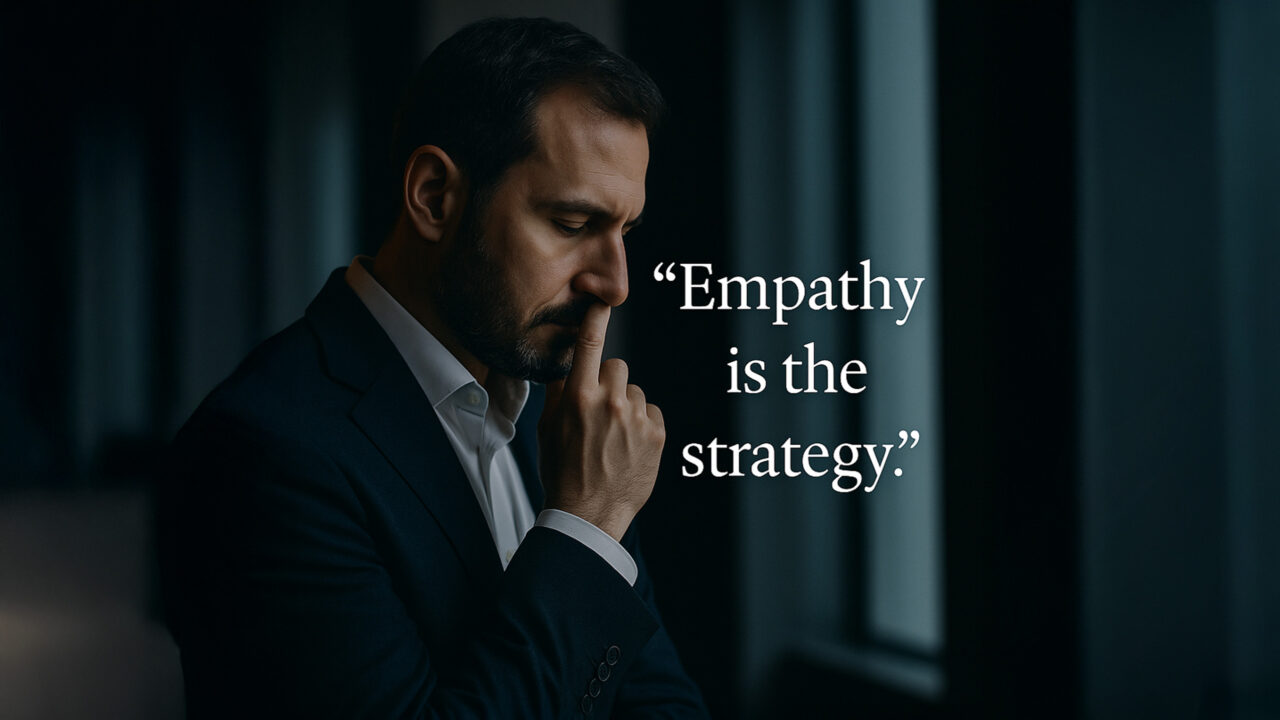In an era dazzled by artificial intelligence, something deeply human remains at the heart of leadership.
We’ve entered 2025 with bold ambitions and smarter tools. Generative AI writes reports in seconds. Predictive analytics helps us decide before we even ask the question. Leaders now operate across borders, timelines, and screens.
And yet, in the stillness between WhatsApp notifications and strategy decks, I hear the same question echoing across C-suite corridors and virtual team huddles:
“How do I really reach my people?”
The Myth of the Machine Leader
Too many have confused efficiency with effectiveness, and data with direction.
But great leadership isn’t downloaded — it’s developed. Slowly. Intentionally. With self-awareness and emotional acuity.
AI might answer your questions, but it cannot feel your team’s fatigue. It can optimize your calendar, but it cannot sense when your silence is being misread. Leadership is not only about clarity of decisions; it’s about depth of connection.
Emotional Intelligence: The Strategic Differentiator
In my coaching with senior leaders across Egypt, the Gulf, and beyond, I’ve seen the same truth rise again and again:
Emotional intelligence is not a nice-to-have. It’s a competitive advantage.
It’s what helps a leader:
- Navigate the emotional undercurrents of hybrid teams
- Detect unspoken tensions in strategy meetings
- Regulate their own reactions in moments of high-stakes conflict
In MENA, where relationships often carry as much weight as performance metrics, this becomes even more essential. A culturally aware leader doesn’t just know how to motivate — they know how it feels to be misunderstood, unseen, or unheard in a fast-changing world.
Three Timeless Practices for Today’s Leaders
- Pause before solving
Emotionally intelligent leaders don’t rush to fix—they take a moment to understand. Sometimes, presence is the answer before the solution arrives. - Ask questions that make people feel safe
“How are you really doing?” is more powerful than “Where are we with this?” - Name the unseen
Speak about the burnout, the tension, the fear of irrelevance. Leaders who create space for honesty build trust in an age of noise.
A Final Word
As machines grow smarter, the question for us is not how to compete with AI, but how to lead alongside it.
And that requires heart.
It requires presence.
It requires you.
Because the future may be automated…
…but transformation is always personal.



